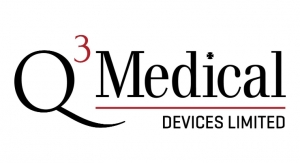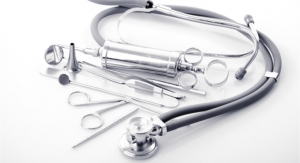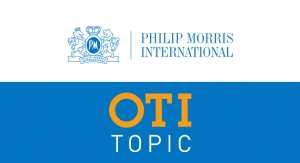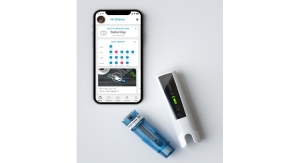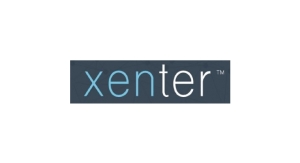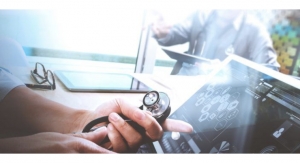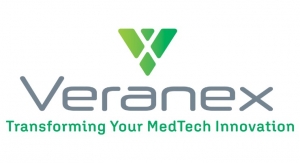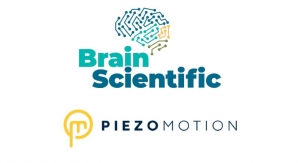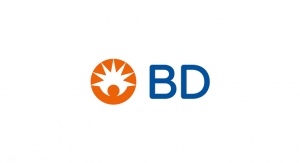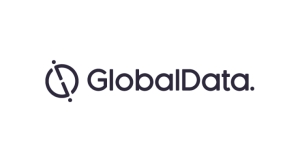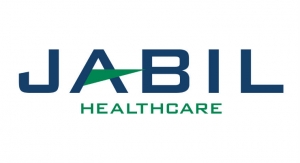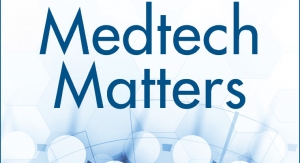Maria Shepherd, President and Founder, Medi-Vantage11.08.16
Drug delivery devices are a critical component in the distribution of healthcare. Ideally, drug delivery devices should be biocompatible, inert, inexpensive, safe from accidental release, easy to manufacture and sterilize, and mechanically strong. If the device is designed to be implanted, the ideal solution could be continuously monitored, with telemetric data streaming to prompt physician intervention if necessary.
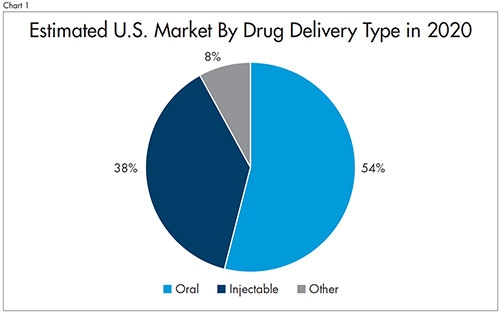
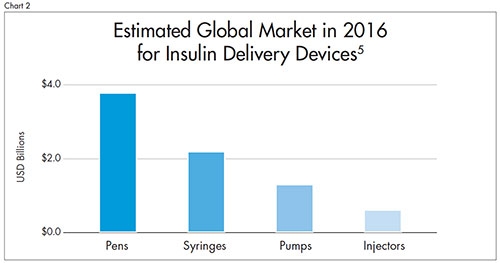
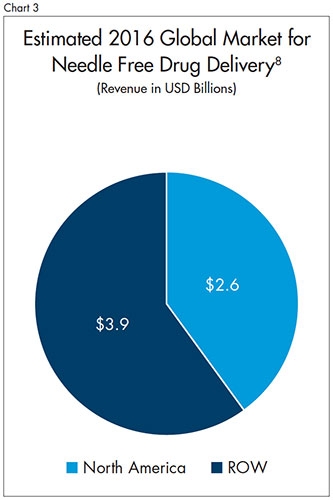 Why This Is Important
Why This Is Important
The drug delivery device market is a large segment of the overall medical device market. The injectable technology portion is forecasted to grow to $574.8 billion by 2020,1 roughly 38 percent of the overall drug delivery technology market, whose estimated worth is $1.5 trillion.2 IMS projections place the market for oral delivery technology at approximately 54 percent of the total market3 (Chart 1).
Insulin Delivery Devices
The insulin delivery device market is seeing significant growth due to the global pandemic of diabetes, rising obesity rates, and an aging population. It is primarily comprised of four segments—insulin pens, syringes, insulin pumps, and insulin injectors (Chart 2). Insulin pump marketers from Medtronic plc, Tandem Diabetes Care Inc., and Insulet Corporation are up against the pharmaceutical marketing muscle behind pens, syringes, and injectors. While the market for insulin pumps is still low, it is a rapidly growing market with a CAGR of approximately 7.2 percent.4
Needle-Free Drug Delivery Devices
Needle-free drug delivery devices are designed to deliver medications into the patient without piercing the skin. These technologies provide effective drug delivery for a wide range of drugs with less pain. Jet injectors appear to be the market leaders in the needle-free technology development space.6 This technology will be a driver for the pharmaceutical industry. These devices will reduce the pain of injection, obviate the chance of needle stick injury for healthcare workers, and reduce the transmission of disease due to multiple uses of a single needle.7 While the market is still relatively small, it is expected to grow at almost 10 percent CAGR through 20228 (Chart 3) as needle-free devices enter the mainstream.
Drug Delivery and Innovation
There are exciting new tools in drug delivery that meet unmet needs for patients that require medications. Can your medtech company commercialize innovative new tools for the disease state your company addresses?
References
Maria Shepherd has more than 20 years of leadership experience in medical device/life-science marketing in small startups and top-tier companies. After her industry career, including her role as vice president of marketing for Oridion Medical where she boosted the company valuation prior to its acquisition by Covidien/Medtronic, director of marketing for Philips Medical, and senior management roles at Boston Scientific Corp., she founded Medi-Vantage. Medi-Vantage provides marketing and business strategy and innovation research for the medical device industry. The firm quantitatively and qualitatively sizes and segments opportunities, evaluates new technologies, provides marketing services and assesses prospective acquisitions. Shepherd has taught marketing and product development courses and is a member of the Aligo Medtech Investment Committee (www.msbiv.com). She can be reached at 855-343-3100, ext. 102 or at mshepherd@medi-vantage. Visit her company’s website at www.medi-vantage.com.



The drug delivery device market is a large segment of the overall medical device market. The injectable technology portion is forecasted to grow to $574.8 billion by 2020,1 roughly 38 percent of the overall drug delivery technology market, whose estimated worth is $1.5 trillion.2 IMS projections place the market for oral delivery technology at approximately 54 percent of the total market3 (Chart 1).
Insulin Delivery Devices
The insulin delivery device market is seeing significant growth due to the global pandemic of diabetes, rising obesity rates, and an aging population. It is primarily comprised of four segments—insulin pens, syringes, insulin pumps, and insulin injectors (Chart 2). Insulin pump marketers from Medtronic plc, Tandem Diabetes Care Inc., and Insulet Corporation are up against the pharmaceutical marketing muscle behind pens, syringes, and injectors. While the market for insulin pumps is still low, it is a rapidly growing market with a CAGR of approximately 7.2 percent.4
Needle-Free Drug Delivery Devices
Needle-free drug delivery devices are designed to deliver medications into the patient without piercing the skin. These technologies provide effective drug delivery for a wide range of drugs with less pain. Jet injectors appear to be the market leaders in the needle-free technology development space.6 This technology will be a driver for the pharmaceutical industry. These devices will reduce the pain of injection, obviate the chance of needle stick injury for healthcare workers, and reduce the transmission of disease due to multiple uses of a single needle.7 While the market is still relatively small, it is expected to grow at almost 10 percent CAGR through 20228 (Chart 3) as needle-free devices enter the mainstream.
Drug Delivery and Innovation
There are exciting new tools in drug delivery that meet unmet needs for patients that require medications. Can your medtech company commercialize innovative new tools for the disease state your company addresses?
References
- http://bit.ly/mpo121601
- http://bit.ly/mpo121602
- IMS Health, National Sales Perspectives, 2010
- http://bit.ly/mpo121603
- http://bit.ly/mpo121604
- http://bit.ly/mpo121605
- http://bit.ly/mpo121606
- http://bit.ly/mpo121607
Maria Shepherd has more than 20 years of leadership experience in medical device/life-science marketing in small startups and top-tier companies. After her industry career, including her role as vice president of marketing for Oridion Medical where she boosted the company valuation prior to its acquisition by Covidien/Medtronic, director of marketing for Philips Medical, and senior management roles at Boston Scientific Corp., she founded Medi-Vantage. Medi-Vantage provides marketing and business strategy and innovation research for the medical device industry. The firm quantitatively and qualitatively sizes and segments opportunities, evaluates new technologies, provides marketing services and assesses prospective acquisitions. Shepherd has taught marketing and product development courses and is a member of the Aligo Medtech Investment Committee (www.msbiv.com). She can be reached at 855-343-3100, ext. 102 or at mshepherd@medi-vantage. Visit her company’s website at www.medi-vantage.com.



